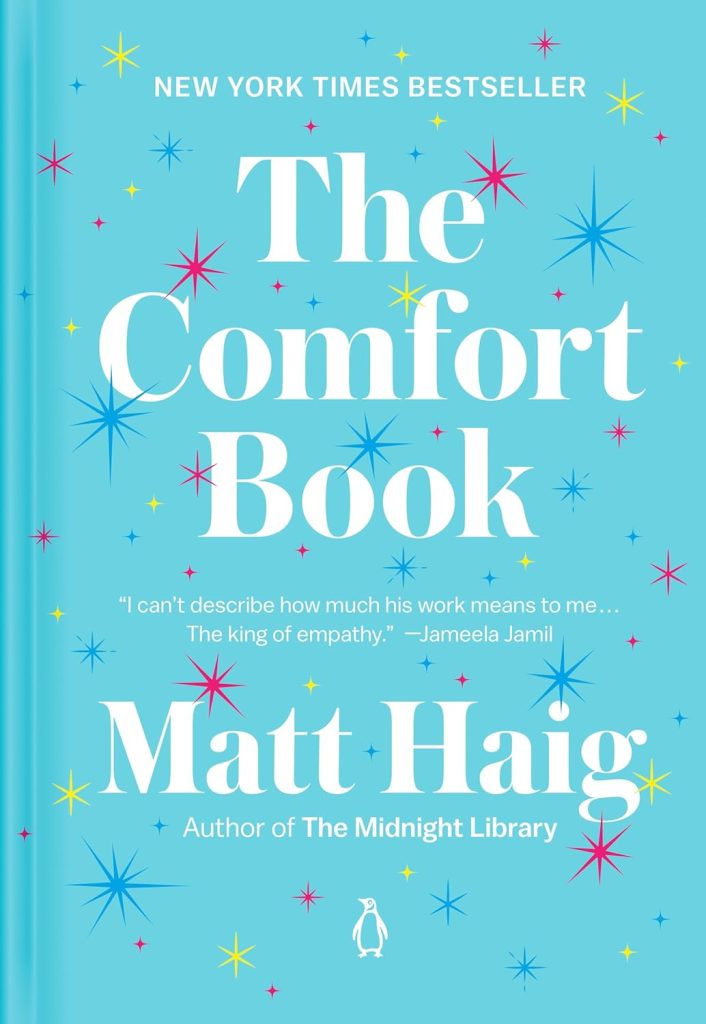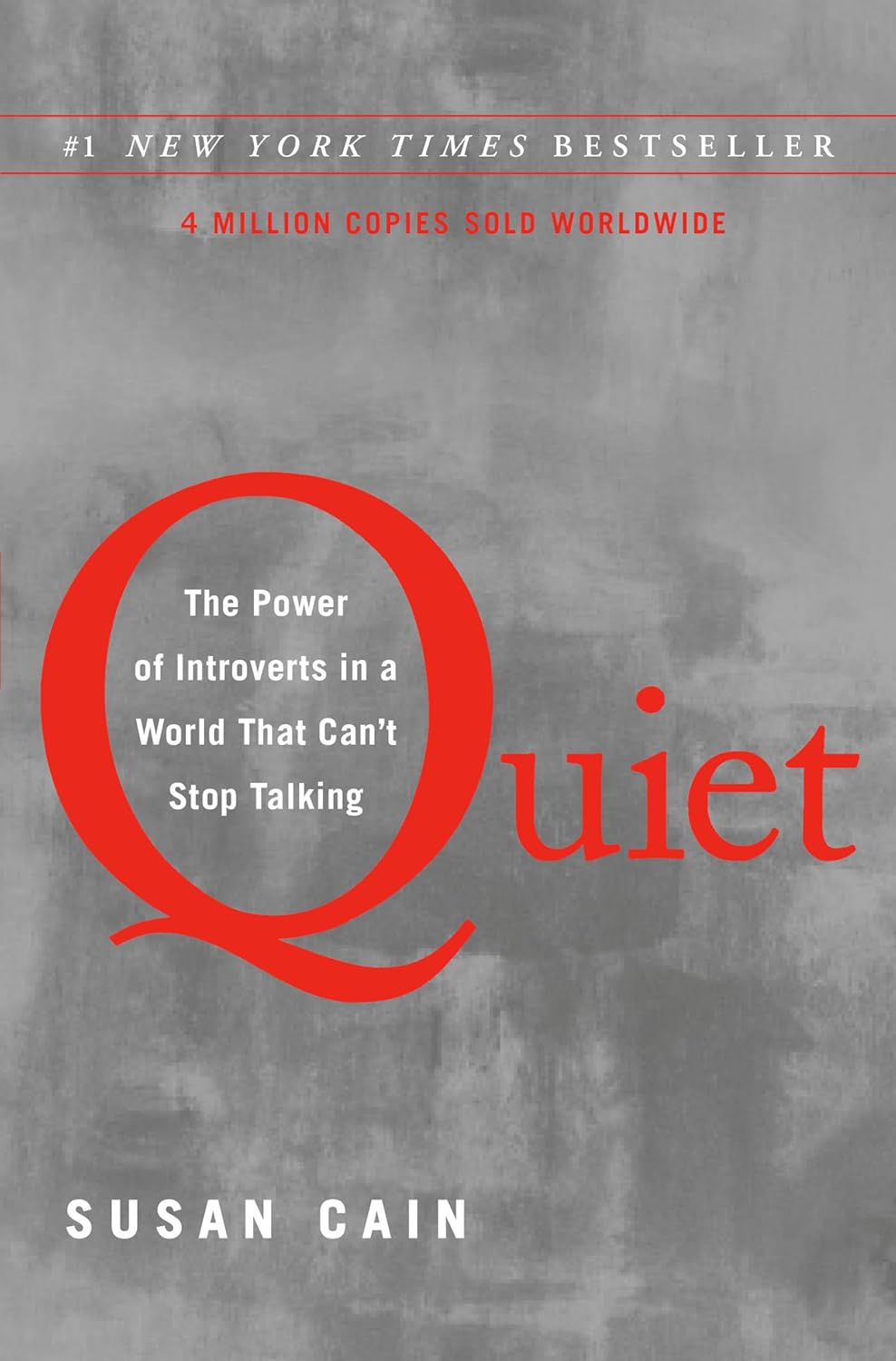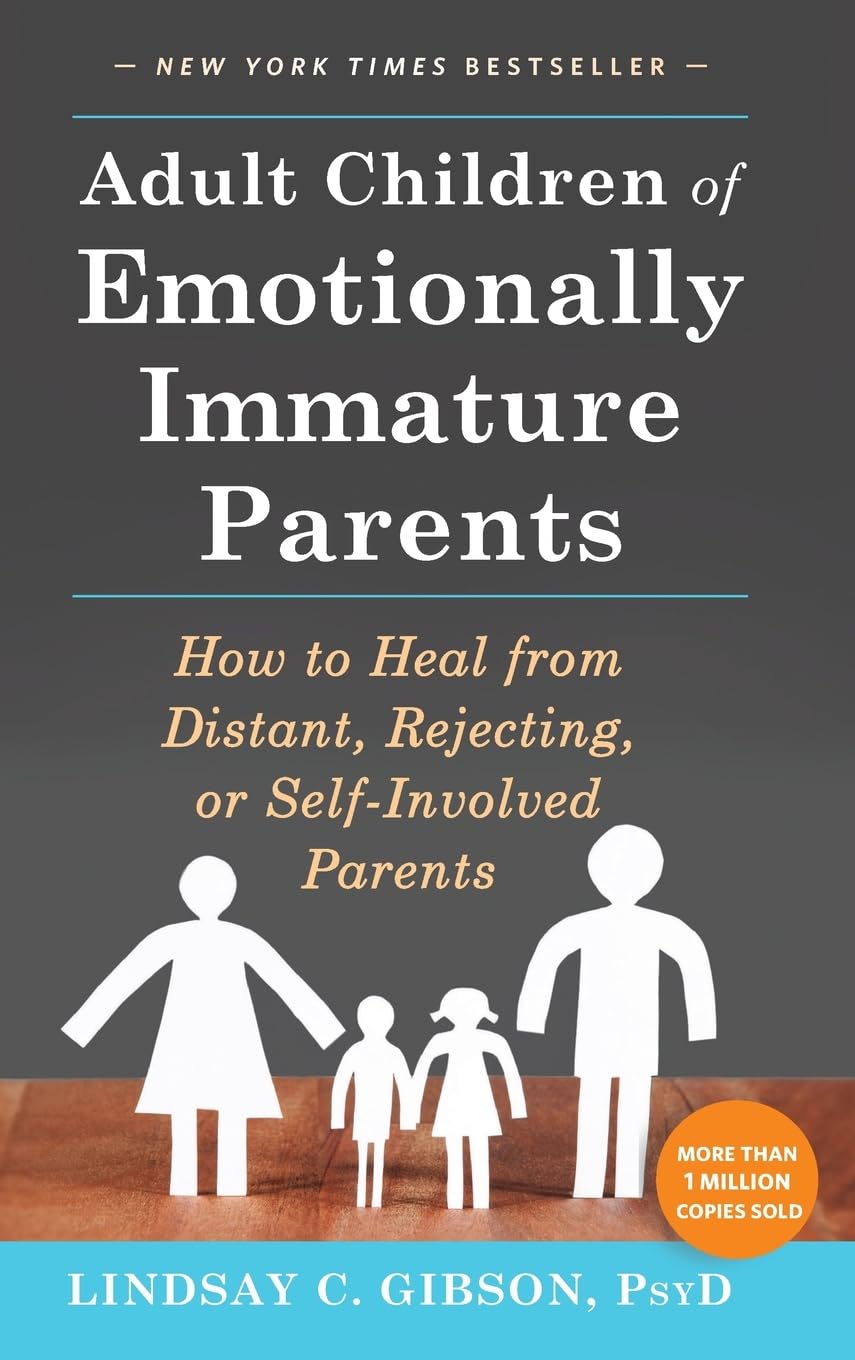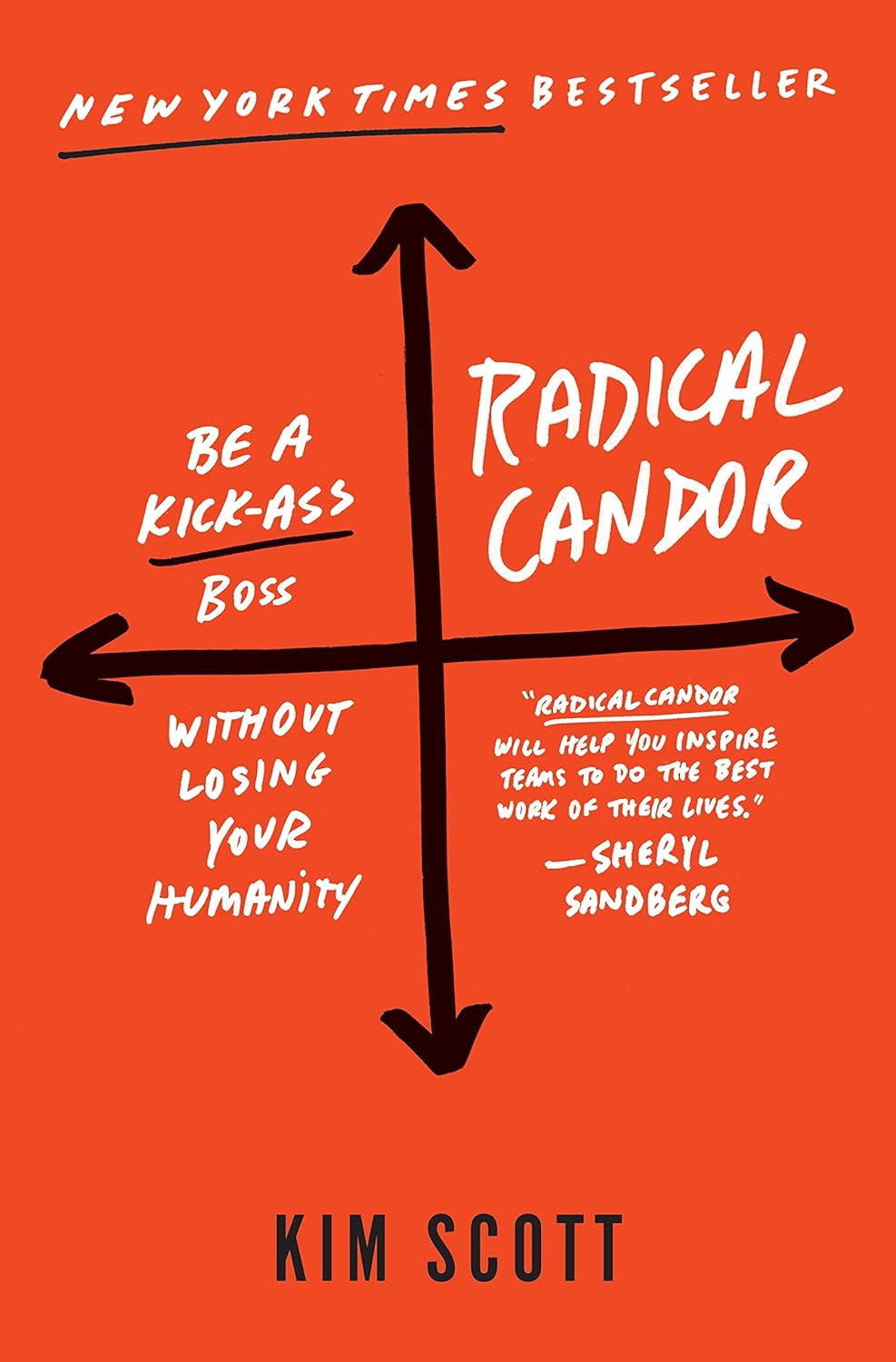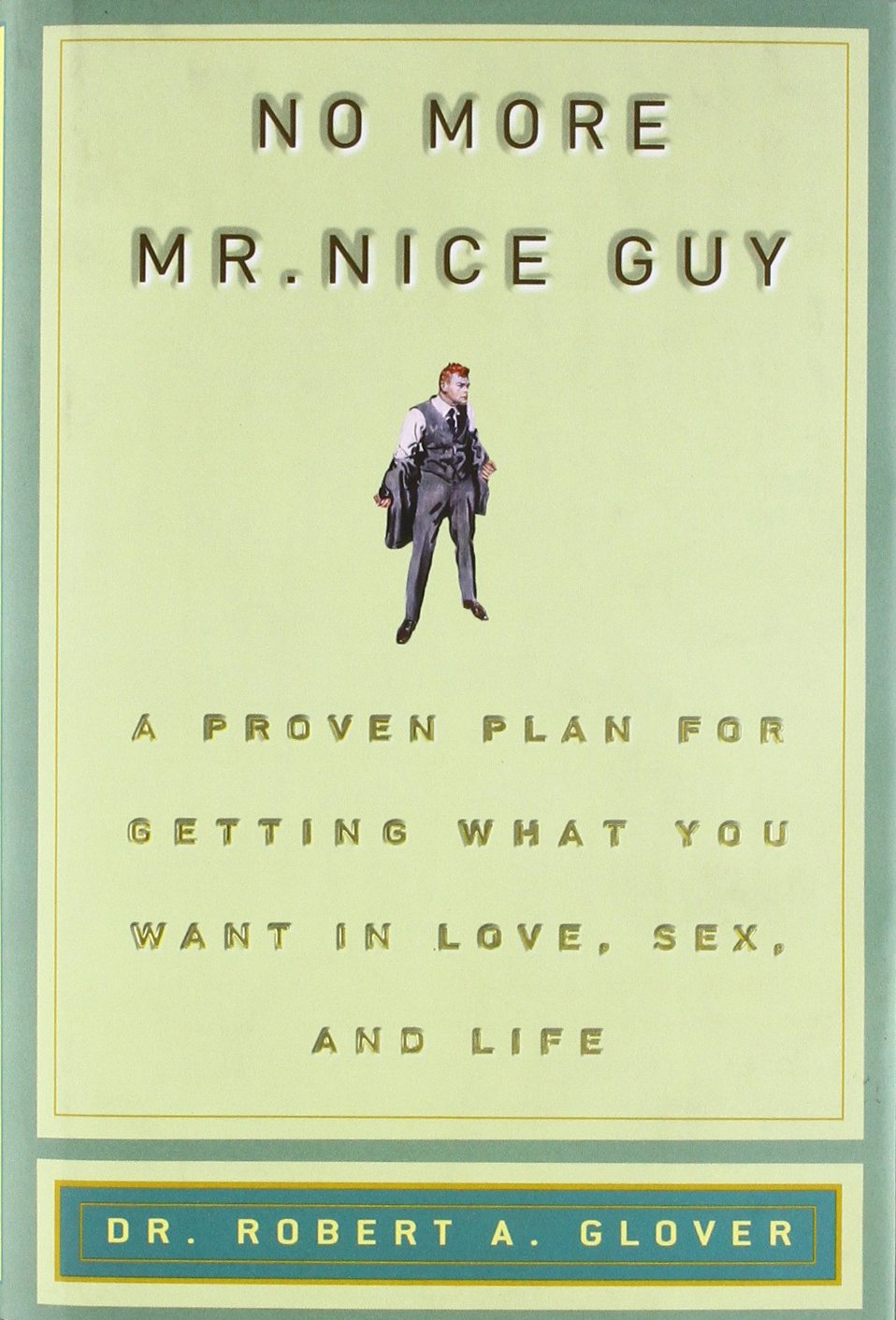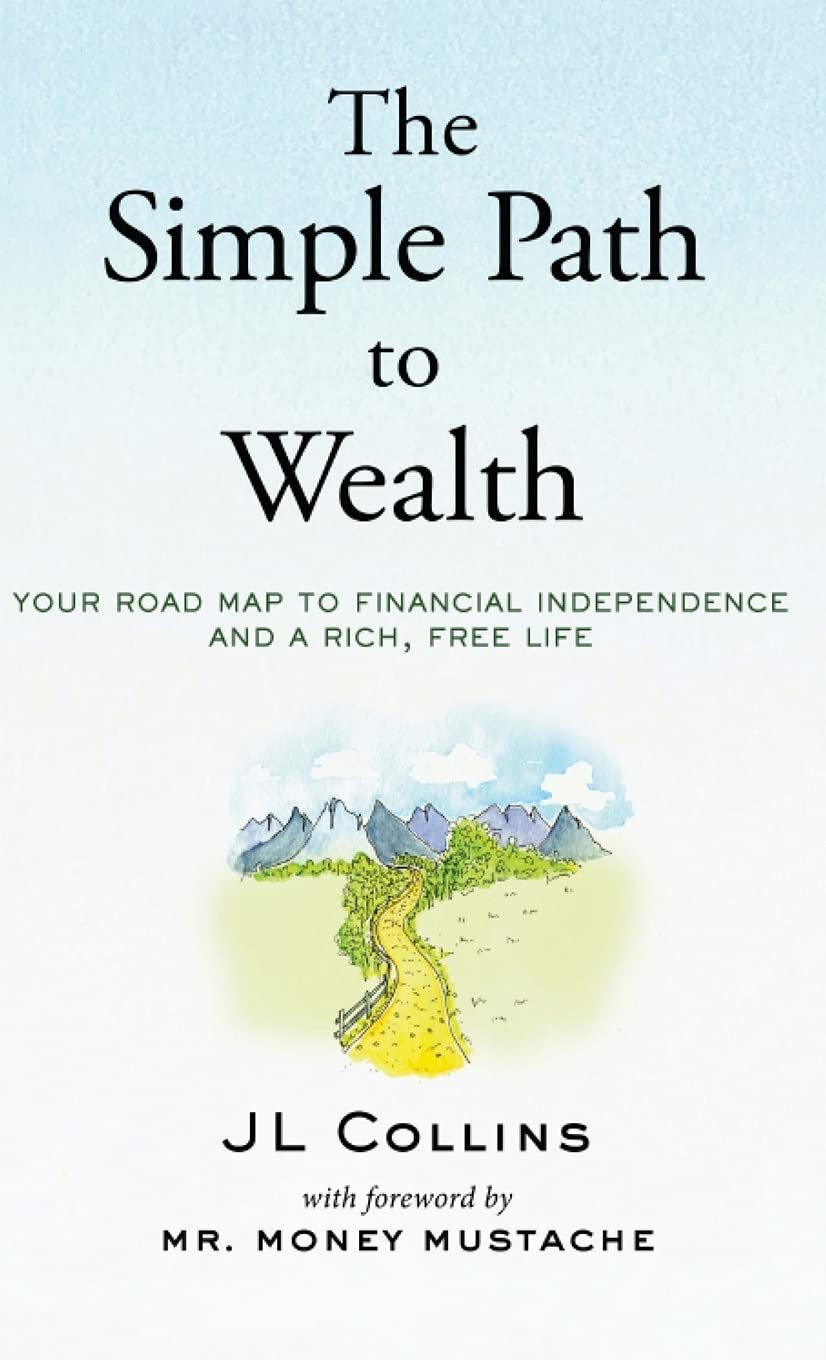The Comfort Book

About
Matt Haig, a British author known for his open discussions about mental health, offers solace and perspective in “The Comfort Book.” This collection of short, accessible essays, reflections, and lists serves as a portable reminder of hope, resilience, and the small joys in life. Drawing from his own experiences with depression and anxiety, Haig shares insights on self-acceptance, navigating difficult times, and finding comfort in unexpected places.
The book is divided into short chapters, like a collection of thoughts, meditations, and life rafts from the author. Haig emphasizes the importance of self-compassion, connection, and embracing the imperfections of life. With his signature blend of honesty, humor, and wisdom, Haig encourages readers to find moments of peace, appreciate the beauty around them, and remember that they are not alone in their struggles. “The Comfort Book” is a gentle, uplifting companion for anyone seeking reassurance and a renewed sense of hope in a challenging world.

Spark
Learn
Review
✦ Part One
Life often feels like an unpredictable sea, with waves rising and crashing without warning. In the midst of this unpredictability, it’s easy to feel unmoored, overwhelmed, and unsure of how to navigate the uncertain waters. There’s a natural pull toward answers, solutions, and clarity, but there’s also a quiet and powerful reassurance in realizing that it’s okay to pause. It’s okay to sit still in the discomfort, to embrace the idea that not everything needs to be fixed or resolved immediately. The world tends to glorify action, resolution, and progress, but there is immense value in moments of stillness, in simply existing without judgment or the pressure to know what comes next. Comfort doesn’t always have to come in the form of solutions; sometimes, it’s just about creating space to breathe and allowing things to unfold in their own time.
This idea can feel counterintuitive. A fast-paced, productivity-driven world often equates worth with constant forward movement. The instinct to push through, to solve, to produce can feel like the only acceptable way to respond to challenges. Yet, there’s a quiet strength in stepping off that treadmill, even temporarily. Pausing doesn’t mean giving up or stagnating. Instead, it’s about recognizing that life doesn’t demand perfection, and it doesn’t always require immediate answers. Sometimes, challenges are not problems to be solved but experiences to be lived through. They are moments to sit with, to feel deeply, and to grow from slowly, in ways that may not be immediately apparent.
There’s a natural yearning for direction during difficult periods—a desire for a map that might point the way forward. It’s tempting to search externally for answers, for something or someone to provide clarity. But there’s an opportunity to shift that focus inward. Instead of rushing to suppress pain, confusion, or discomfort, there’s strength in simply acknowledging it. Naming the feelings, allowing space for them to exist, can be surprisingly freeing. It’s not about finding instant solutions but about developing a sense of acceptance toward the messy, imperfect process of being human. There’s an undeniable relief in recognizing that it’s okay to stumble, to struggle, to not have everything figured out. The act of granting oneself permission to feel deeply and exist without the burden of judgment can be one of the most transformative forms of comfort.
Allowing this space doesn’t mean everything will immediately fall into place. The waves will still rise and fall, and uncertainty will remain a part of the journey. But in giving oneself the grace to pause and breathe, there’s a chance to find a sense of calm, even in the storm. Through that calm, clarity might emerge—not as a forced solution, but as a natural byproduct of patience and self-compassion.
✦ Part Two
Amidst the chaos of life, there’s immense comfort to be found in small, simple joys. These moments of lightness—however fleeting—serve as lifelines, reminders that even in darkness, fragments of beauty and peace exist. A warm cup of tea on a cold day, the soothing rhythm of a favorite song, the quiet presence of a beloved pet—these small experiences might seem insignificant, but they hold profound power. They don’t erase pain or hardship, nor do they solve the challenges of life, but they provide a sense of balance. They remind that life is not purely one thing or another, not solely pain or joy, but an intricate weaving of both. Allowing oneself to savor these small joys, even while carrying burdens, creates space for moments of solace in the midst of struggle.
These moments of comfort are not just about distraction; they are about grounding. They anchor a person to the present, pulling them out of spirals of worry about the past or future. In those brief instances, there’s an opportunity to simply exist, to let go of the need to solve or fix anything, and to reconnect with the richness of the moment. The act of noticing these joys, of giving them attention, is itself an act of self-kindness. It’s a reminder that life, no matter how messy or complicated, still holds beauty worth noticing and cherishing.
Kindness plays a central role in finding and creating comfort, both toward oneself and others. Showing compassion to personal struggles—treating oneself with the same gentleness offered to a dear friend—can transform the way difficulties are approached. It’s easy to fall into patterns of self-criticism or harshness, especially when life feels overwhelming. But what if the inner voice shifted? What if, instead of berating oneself for perceived failures, there was a conscious effort to speak with kindness? This shift doesn’t deny the challenges or erase the pain, but it softens the edges. It creates a space where mistakes and struggles become part of the process, not reasons for self-punishment.
Extending kindness outward can also be a source of healing. Small acts—a smile, a kind word, a moment of understanding—carry profound weight. These gestures have the power to connect, to remind others and oneself of the shared experience of being human. While life offers no guarantees, and struggles will always arise, there’s a quiet power in the choice to meet those challenges with gentleness. Recognizing the interconnectedness of humanity, with all its imperfections and complexities, becomes a deep source of comfort. It’s this shared vulnerability, this mutual need for kindness and connection, that offers hope in the midst of life’s uncertainties.
✦ Part Three
There is solace in remembering that life doesn’t have to be perfect or even make sense all the time. Struggles and setbacks can feel overwhelming, but they don’t define the totality of existence. Every life is made up of contrasting moments—darkness and light, pain and joy, loss and growth. It’s natural to wish that the difficult times would vanish, but they are as much a part of the human experience as the moments of happiness and peace. Growth doesn’t arrive in neat packages, nor does it always feel comfortable. Often, it emerges from the cracks left by hardship, slowly and almost imperceptibly.
When things feel heavy, it can help to focus on the small steps rather than the big picture. Looking too far ahead can feel daunting, especially when the future seems uncertain or unclear. Instead, the next right thing—no matter how small—becomes the way forward. A single breath, a few words written down, a quiet walk outside—these simple acts might not seem like much, but they represent motion. They are proof that even in the hardest moments, life continues. There’s no need to solve everything all at once. Sometimes, the most meaningful progress comes from just continuing to show up, even when it’s hard.
It’s also important to remember that no one has everything figured out, no matter how polished their life may seem on the surface. Comparing struggles to someone else’s successes often leads to unnecessary pain. Everyone has their own battles, even if they are hidden from view. It’s freeing to let go of the need to measure up to others or to live according to their timelines. Life is not a race or a competition, and there is no one right way to move through it. Taking things one moment at a time, at a personal pace, is enough.
The idea of impermanence can be both frightening and comforting. Nothing lasts forever—not the good moments, but not the bad ones either. This transience offers hope during hard times, a reminder that the pain that feels all-encompassing now will eventually shift, soften, or fade. Holding onto this truth can make it easier to endure the present, knowing that change is inevitable. Life is always moving, always evolving, and even the smallest shifts can lead to unexpected transformations.
✦ Part Four
Connection is one of the most comforting aspects of being human. Even in the most isolating or painful experiences, there is a shared thread that links people together. No one is truly alone in their struggles, though it may sometimes feel that way. Reaching out—whether to a friend, a loved one, or even a stranger—can create a bridge of understanding and support. It doesn’t have to be elaborate or grand; small, simple connections can hold immense power. A kind word, a shared laugh, or even silent companionship can remind someone that they are seen and valued.
Sometimes, the hardest part of seeking connection is battling the inner voice that says it isn’t worth it. That voice might whisper doubts, urging withdrawal or isolation, but pushing past that resistance can lead to surprising moments of comfort and clarity. Sharing vulnerability with another person doesn’t make someone weak; it makes them human. It creates space for empathy and understanding, which can lighten the emotional load.
At the same time, connection with oneself is just as vital. It’s easy to lose touch with inner thoughts and needs, especially during challenging periods. Slowing down, listening inward, and paying attention to what the body and mind are saying can reveal what’s truly needed. Maybe it’s rest, maybe it’s movement, or maybe it’s simply a moment of stillness. Tuning in, rather than ignoring or numbing out, can lead to a greater sense of alignment and balance.
Kindness remains a central theme—not just kindness toward others, but also kindness toward oneself. Self-compassion isn’t indulgent or unnecessary; it’s essential. Life is hard enough without the added weight of self-criticism. Treating oneself gently, as though speaking to a beloved friend, can shift the way challenges are approached. Mistakes and setbacks are inevitable, but they don’t have to be met with harshness. There is strength in choosing kindness, even when it feels undeserved.
In the end, life is a patchwork of moments—some joyful, some painful, and many in between. It’s not about erasing the pain or pretending it doesn’t exist, but about learning to carry it with grace. Finding comfort in small joys, seeking connection, and practicing self-compassion can make the journey more bearable. It’s not about perfection or having all the answers. It’s about showing up, taking things one step at a time, and finding peace in the imperfections. Through it all, there is beauty to be found—not in spite of the messiness of life, but because of it.
For People
– Individuals experiencing anxiety
– People dealing with depression
– Those seeking self-compassion
– Anyone navigating life transitions
– Individuals feeling overwhelmed
Learn to
– Increased self-acceptance
– Improved coping mechanisms
– Enhanced mindfulness
– Greater appreciation for life’s simple joys
– A stronger sense of hope

